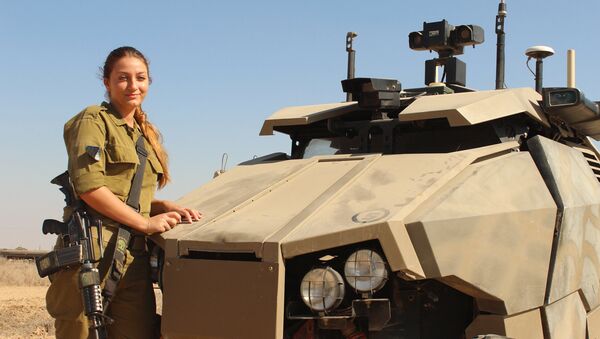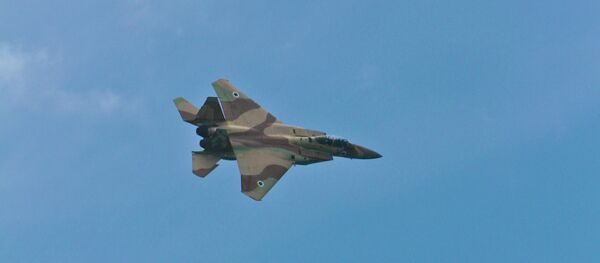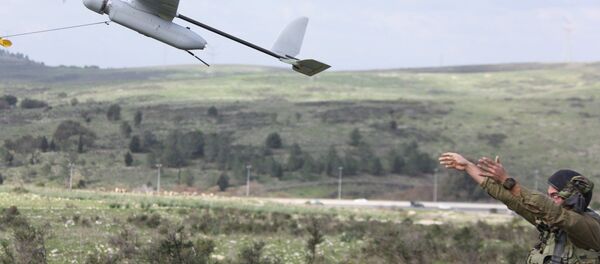It is going to happen in the next five years, according to Brigadier-General Nir Halamish, head of the military research and development unit of the Ministry’s MAFAT R&D Bureau. Halamish outlined Israel’s blueprint for unmanned vehicles through 2025, Defense News reported.
[640x640] IDF IAI Guardium UCV and its operator — #army #military pic.twitter.com/7AdNUfcqo5
— Army Complex (@ArmyComplex) November 30, 2015
It’s already a matter of fact that robots operate on the ground and underground at the border with Gaza as guards, but their deployment is reportedly going to be broadened to other territories in the nearest future, perhaps within months.
“These [UGVs] are the first at any event, which prevents our soldiers from coming into contact with the enemy at the outset,” Halamish said.
Life in Israel: When you're walking to the mall and the road is closed cause a robot is checking a bag for bombs pic.twitter.com/o3eebNJNNu
— ya boy rit (@yaboyrit) November 20, 2015
He added that the ultimate goal of the Israeli military is to make systems of all kinds 90 percent autonomous within a decade.
The #IDF is using driverless vehicles today! Guardium UGV G-Nius unmanned ground vehicle in action!: http://t.co/WVeIZR4VqC via @YouTube
— Rabbi Loren Sykes (@Rabbi_Sykes) June 8, 2014
One key feature of the IDF’s plans to autonomize land warfare is a so-called “robotic advance guard,” which would accompany manned units in high-threat situations.
“This advance guard is to be deployed hundreds of meters ahead of the manned force. We hope to get there in the coming years,” Halamish explained.
Autonomous robots such as hovercraft and drones will also escort ground troops with payloads, including heavy weaponry, munitions, food rations and so forth. By implementing logistical robots, Israel may soon be able to extend the tactical range of its troops.




